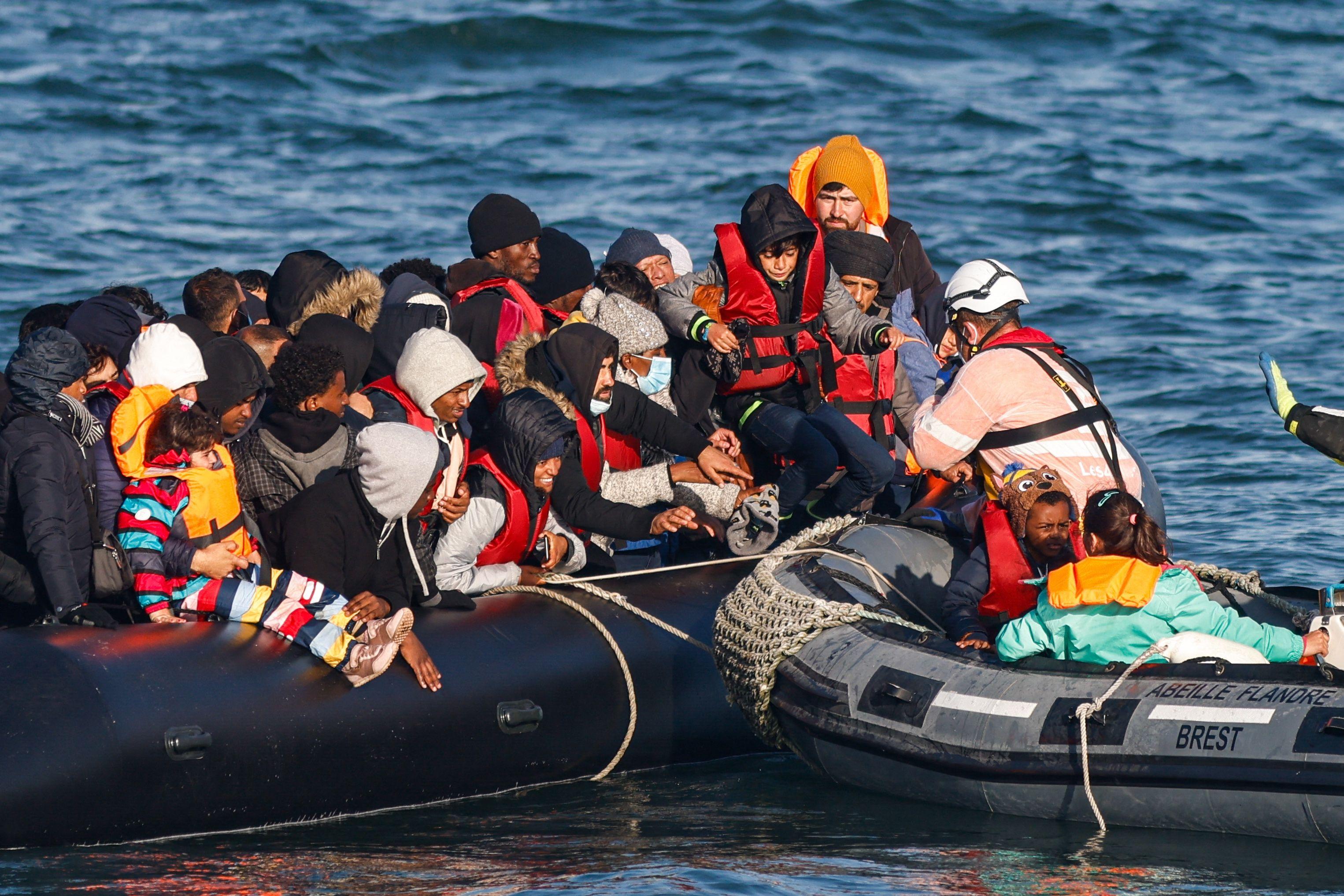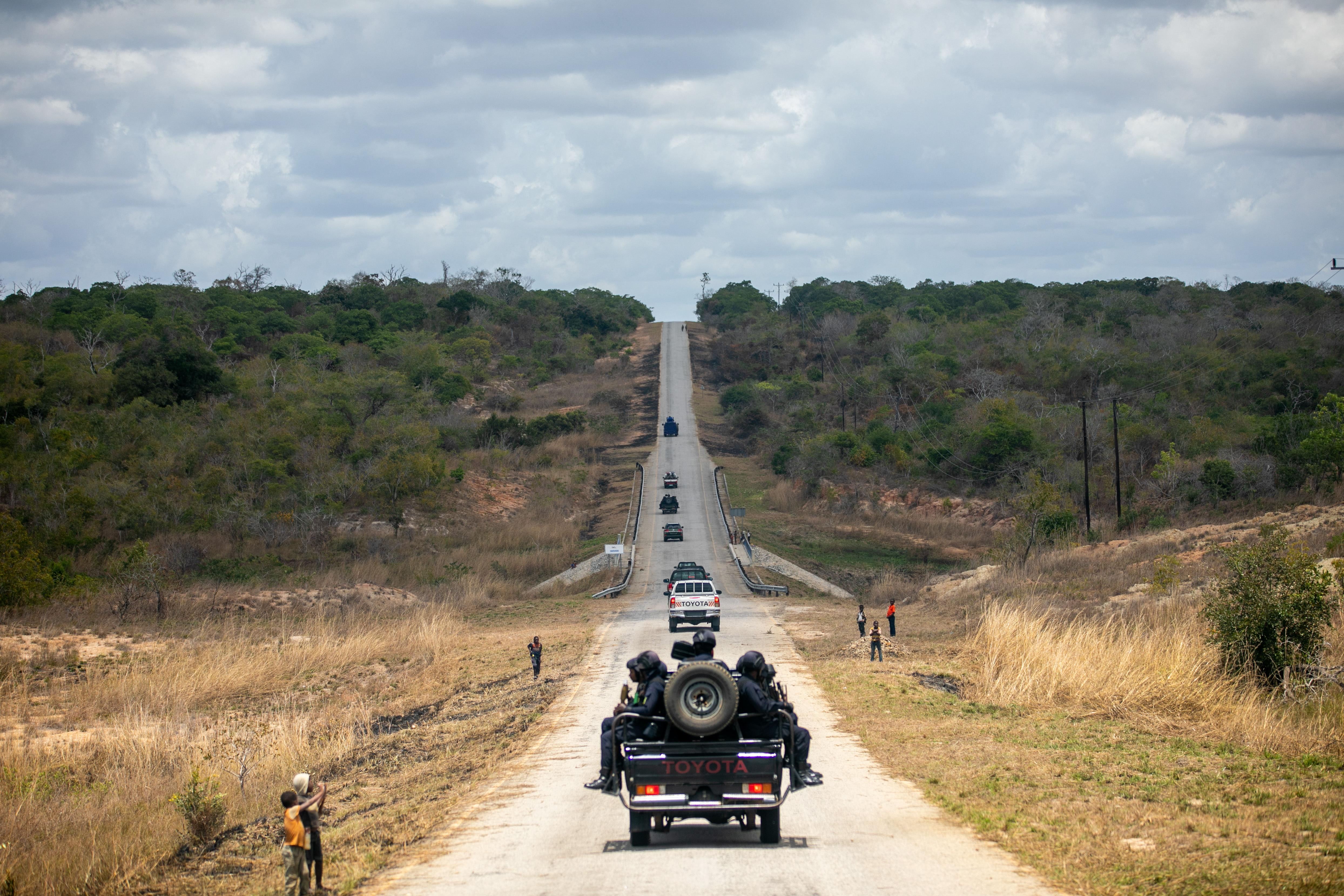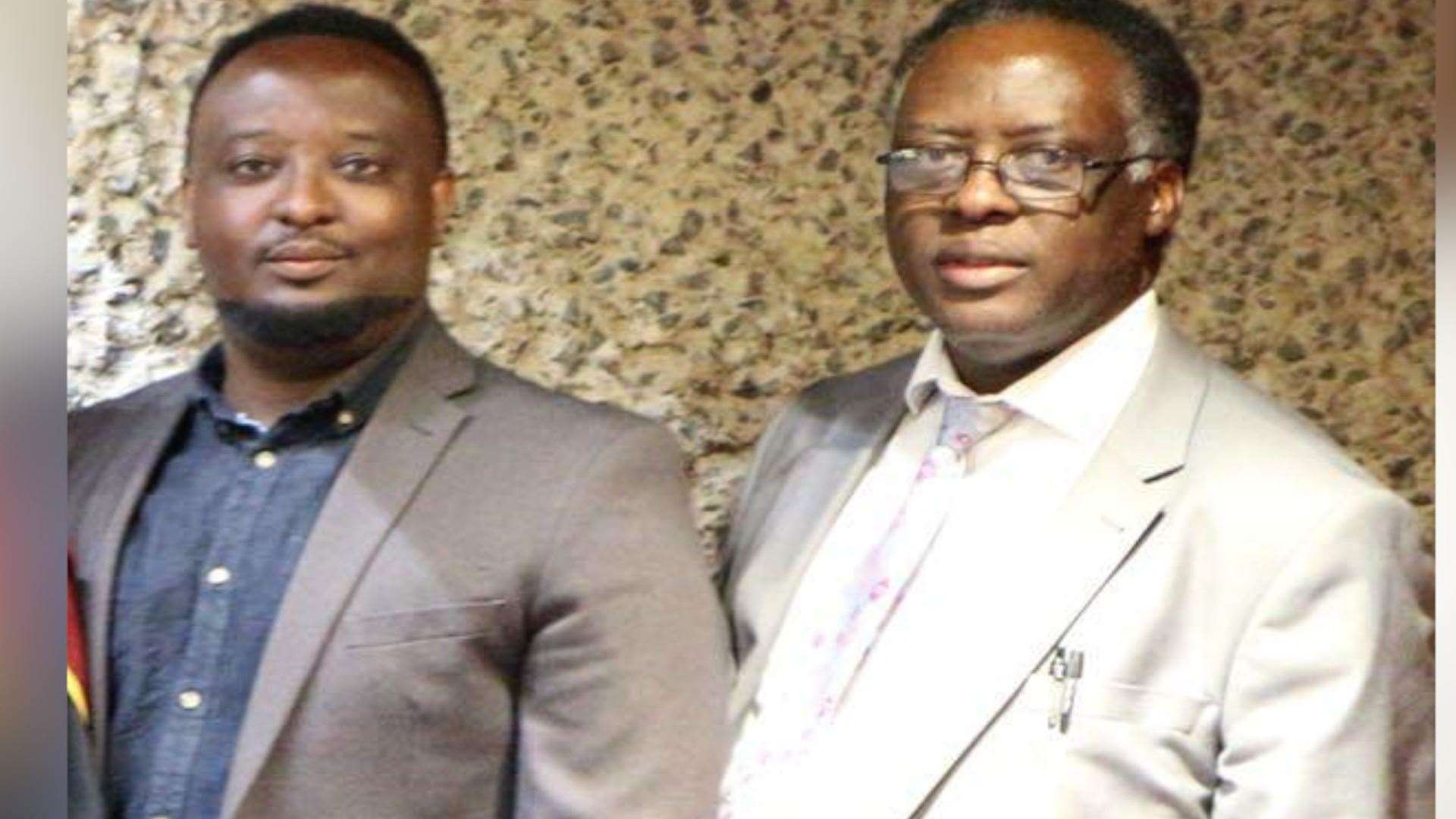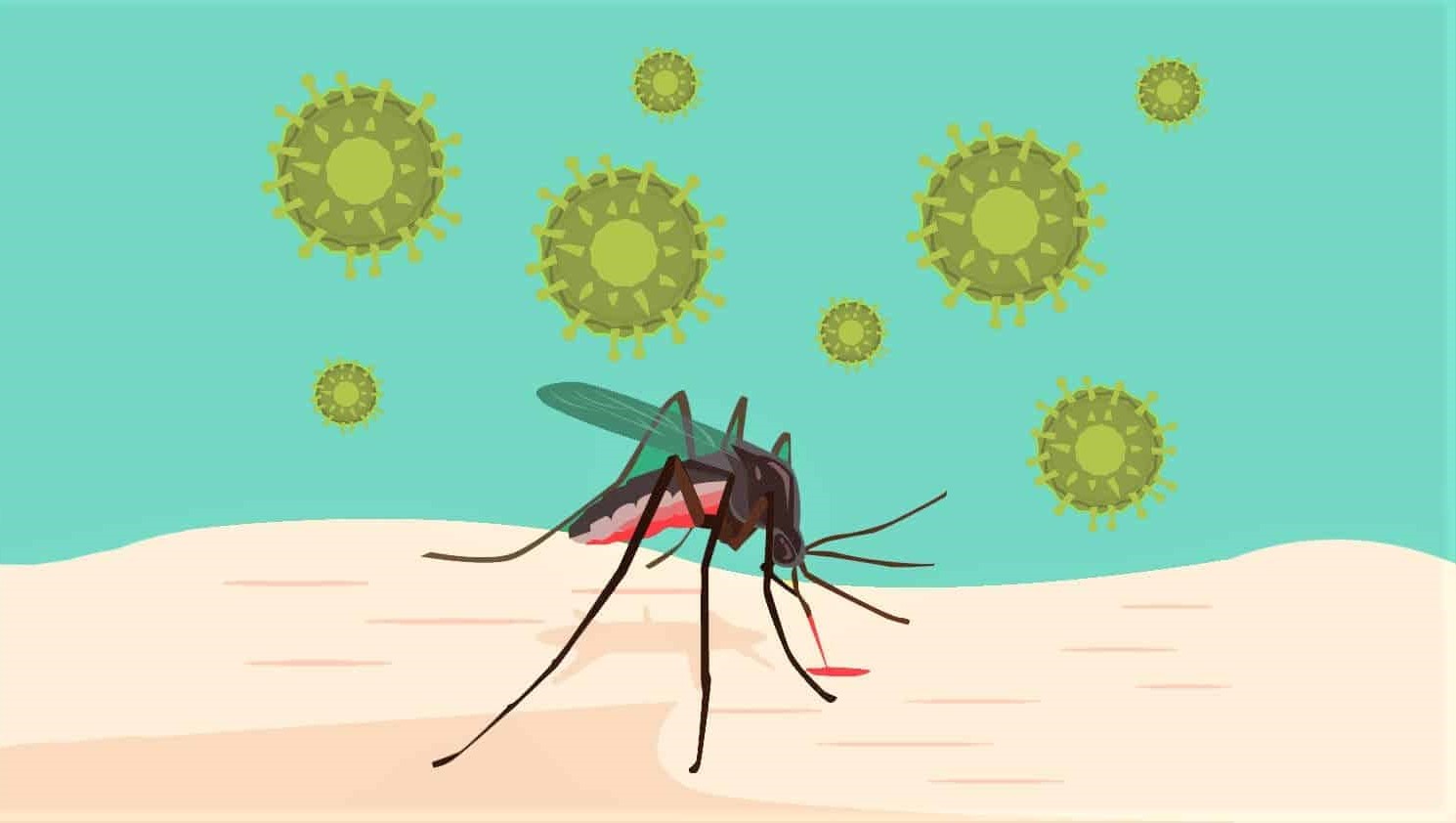International
ICC should not be blindsided by Kinshasa
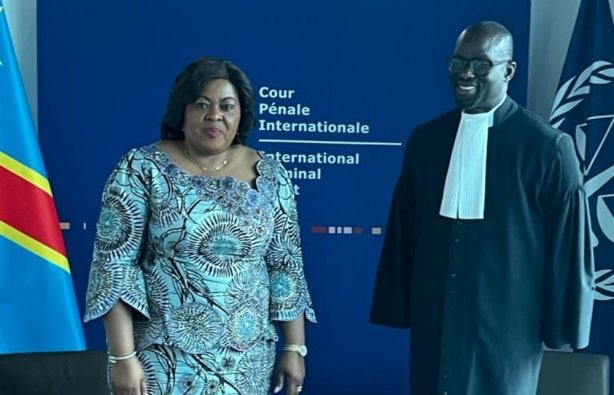
The Democratic
Republic of Congo, on May 22, filed a complaint to the International Criminal
Court (ICC) against Rwanda Defence Forces (RDF) and the M23 rebels for crimes they
allegedly committed and especially pillaging of its natural resources.
Kinshasa
claimed to be "concerned deeply about the suffering of the populations” in
the eastern part of the country. Therefore, it wants ICC to investigate and
prosecute any person involved in human rights violations between 2022 and 2023.
However,
every person who carefully follows what happens in eastern DRC can wonder if
Kinshasa is really worried about the distress of its people, or if it is its
bad habit of playing the victim, finding scapegoats for its own failures and harboring
human rights violators.
Irrespective
of the long-time grief of Kinyarwanda-speaking Congolese, and considering the
time mentioned in the referral –between 2022 and 2023– the Congolese government
has watched Rwandophones being kidnapped, tortured, murdered, and burned alive
or cannibalized by the Congolese Army (FARDC), its militia allies including the
genocidal group, FDLR, the national Police and normal citizens. But it did not
react when all this happened.
On
March 18, in Kimoka village, Masisi territory, in North Kivu, two FARDC
officers, Col Gatali Ngarukiye Céléstin, Lt Gahaya Adrien, and their escorts
were killed by their compatriots that are in the coalition of Mai Mai APCLS and
FDLR, only because they were Rwandophones.
On
May 26, 2022, the Provincial Commissioner of the Congolese National Police in
North Kivu Province, Gen. Aba Van Ang, was filmed briefing hundreds of police
officers, instructing them to ready their families to combat ‘the enemy’ by obtaining
machetes and other traditional weapons.
On
June 15, at the call of the Coordination of the Civil Society in Goma,
thousands of people demonstrated to support the FARDC and denounced the
“Rwanda’s aggression”. During these demonstrations, scenes of looting of stores
belonging to the Congolese Rwandophones were reported. On some streets of the
city, demonstrators stopped vehicles searching and asking for identity cards of
occupants. The hunt was on for Rwandophones. Some were found and killed.
These
examples are just a drop in the ocean.
Related: Who will be held accountable for hate
speech?
The
United Nations, European Union, and the United States, several times denounced this
violence, hate speech and divisive rhetoric. The UN asked the Congolese Parliament
to speed up the process of discussion and adoption of the "Racism,
Xenophobia and Tribalism Bill" in order to strengthen the legal framework
to address and counter hate speech but in vain. However, the DRC still plays
the victim.
In
June 2022, the United Nations High Commissioner for Human Rights, Michelle
Bachelet, and the United Nations Special Adviser on the Prevention of Genocide,
Alice Nderitu expressed their deep concern over the escalation of hate speech
and incitement to discrimination, hostility, and violence throughout DRC
particularly against Kinyarwanda speakers.
"Hate
messages increase the risk of violence, including atrocity crimes targeting
specific groups of people. The use of such hate speech must be strongly
condemned by the highest national authorities and curbed," they added.
The UN
calls fell on deaf ears.
It is
a disappointment to see a government whose army violates its own people’s human
rights claim to be concerned about their suffering and even dare to file a
complaint against Rwanda’s army that has nothing to do with the atrocities
happening in DRC.
The Congolese
government failed to govern its territory and restore peace in its eastern
region. It is shifting the blame to Rwanda as the aggressor who supports the
M23 rebels – one in over 130 active armed groups in eastern DRC – and loots its
natural resources. Rwanda has denied the allegations and reiterated that it
won’t bear the burden of the DRC’s responsibilities.
Related: Who steals DRC’s minerals? Certainly not
Rwanda
Related: DRC’s disingenuity to blame for prevailing
conflict in east
The ICC
should not be misled by Kinshasa, which wants to turn the spotlight away from
its crimes.
The
court should consider the International community’s statements highlighting and
condemning the atrocities committed by the Congolese security forces.
ICC
Prosecutor Karim Khan who is expected to visit Kinshasa and DRC's provinces
affected by rebel groups from May 28 to May 31 should also be thinking of visiting
Congolese refugee camps, lend an ear to Rwandophone refugees who fled the violence
so that he can get the real picture of what is really happening in DRC.
The Congolese
army and police should be the ones to be prosecuted for human rights violations
and genocide-related crimes. On several occasions, senior government and
military officials have come on record calling upon the population to take up
arms and kill their Kinyarwanda-speaking neighbors. There is proof of a simmering
genocide against Congolese Tutsi.
While
the truth about the Congolese security forces’ crimes is gradually forcing its
way out, Congolese President Felix Tshisekedi has limited options on his table.
After
his world tour, during which his plot of asking for sanctions against Rwanda
failed, now he is trying ICC. Tshisekedi is drowning in his own mess and he
will grab on any lie to save his political life.
The ICC
should be careful while assessing his case.


